

SOCIAL
Election 2024: EC/MFWA school journalists on electoral processes
Ahead of the December 7 general election, the Media Foundation for West Africa (MFWA) in collaboration with the Electoral Commission (EC) has organized a day's workshop for media professionals in Accra.
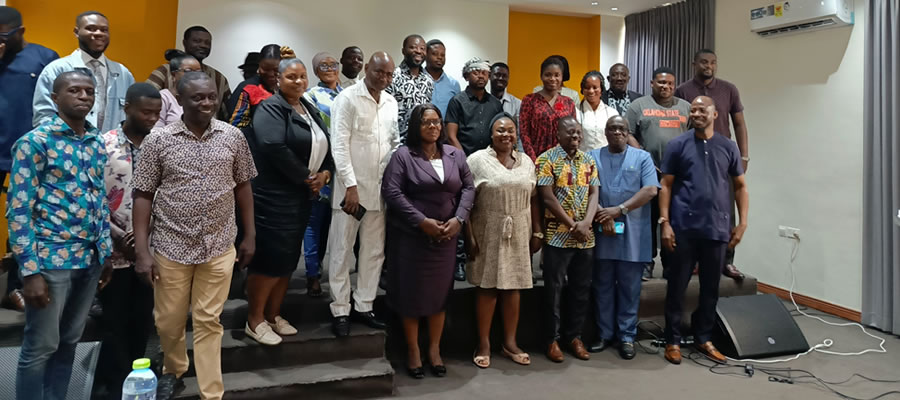
Date Created : 10/11/2024 : Story Author : Iddi Yire/Ghanadistricts.com
The workshop was to enhance media capacity for fact-based reporting and countering election-related mis/disinformation.
The project is being organised by MFWA with funding support from the Foreign, Commonwealth and Development Office (FCDO) of the United Kingdom.
Mr Samuel Dottoh, Deputy Director for Electoral Services, EC, in his presentation lauded the media's role in the nation’s electoral system.
"We know the traditional rule of the media is to educate, inform and then entertain, but an electoral management body cannot successfully conduct an election without the media playing an important role by informing the electorate the processes that we have to go through," he stated.
"So, EC is expected to inform the media, organise workshops, like what the Media Foundation has done for us in collaboration with the Electoral Commission."
He reiterated that the EC was supposed to organize workshops and seminars for media professionals and holds interactions with the morning show hosts on radio and television to let the citizens know electoral processes.
He said media practitioners would have to understand the processes to inform the public accordingly.
Mr Dottoh said the EC expects the media to inform the public on electoral processes; such as voters' registration, voters' register exhibition, filing of nominations, how to vote, vote counting, collation of votes and declaration of elections results.
He reiterated that it was important for the media to inform the public about the duties of an electoral officer.
He also reminded the media to get their accreditations from the EC before they go to the polling stations on elections.
Touching on the December 7 Parliamentary and Presidential Election, Mr Dottoh said: "For the Parliamentary Election, the system that we operate over here is 'first-past-the-post', 'first-past-the-post' means that simple majority.
"First-past-the-post, so if in an election somebody obtains 345 and another person obtains 344, the person who has obtained 345 will be declared winner, because he’s the majority among the lots.
"But in the Presidential Election, it is not 'first-past-the-post', you must have majority and the majority means that, for the total number of valid votes cast, listen, the total number of value votes cast you must get more than 50 per cent."
Mr Dottoh noted that there was a difference between valid votes cast and votes cast; declared that the vote cast included rejected votes, but the valid vote cast does not include rejected votes.
He said for a candidate to be declared winner of the Presidential Election, one must get more than 50 per cent of the valid votes cast; saying "and that is why we sometimes say 50 per cent plus one, it means that if you get 50 per cent plus one vote you have won".
Mr Benjamin Bano-Bio, Director for Electoral Services, EC, in his presentation, said elections were one of the main pillars of democracy, which had become a commonly accepted means of legitimising governance institutions; stating that "however, a flawed election can trigger violence and insecurity in a country".
Dr Kojo Imprain, Director, Media for Peace, and Sustainable Development, MFWA, in his welcome remarks, said Foundation's regional engagements would offer a platform to the EC to engage with journalists and explain to them, the ongoing processes for the December 7 general election, to enhance fact-based media reporting and programming.
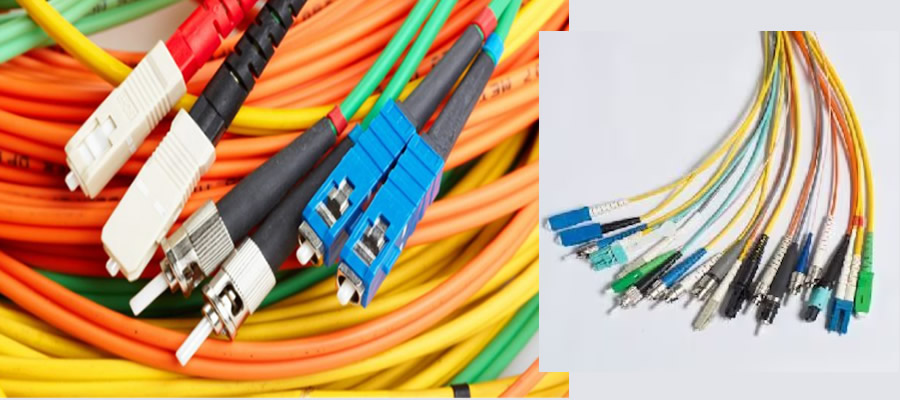
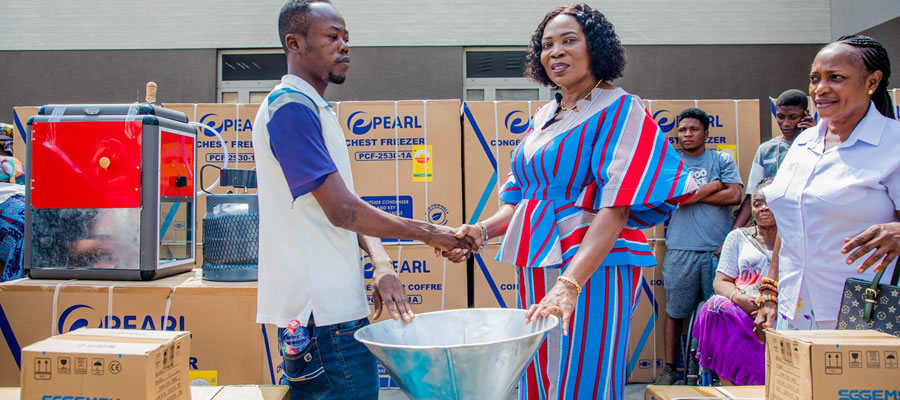

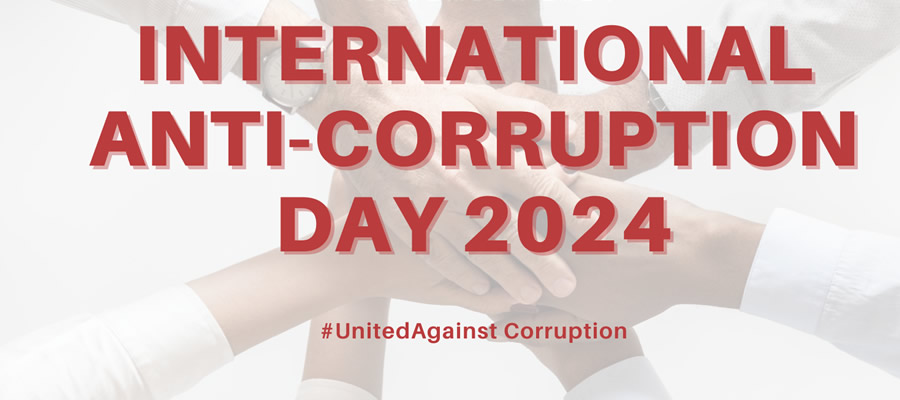
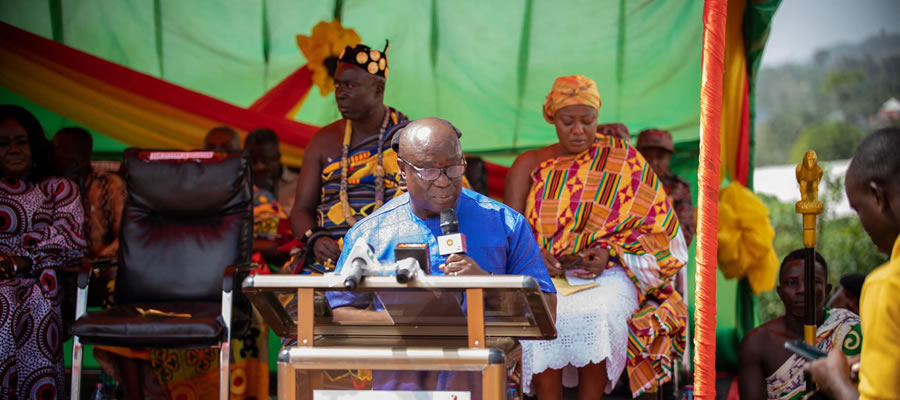
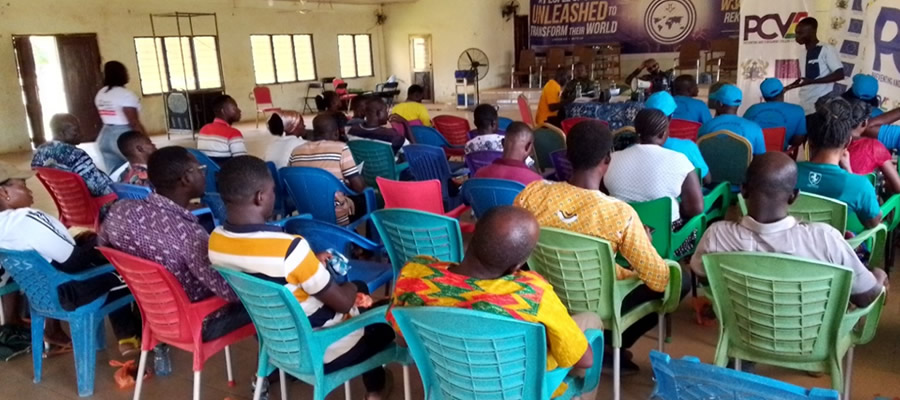
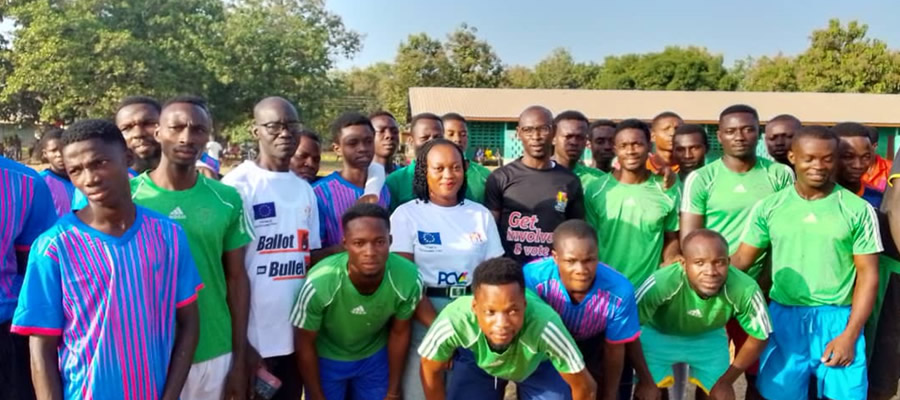
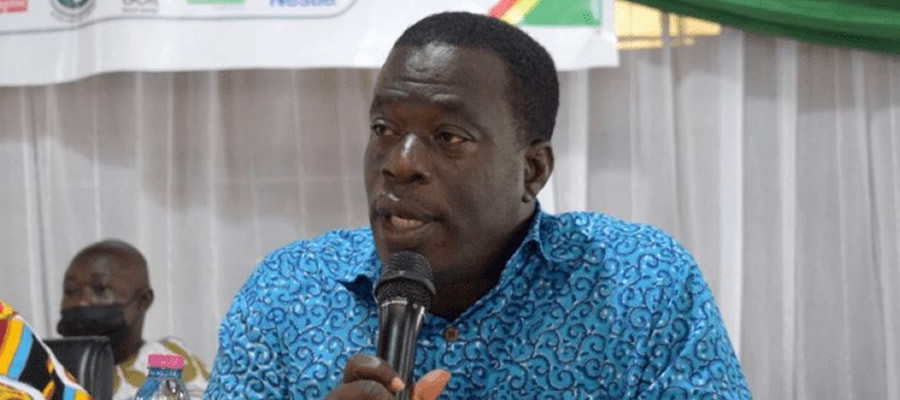
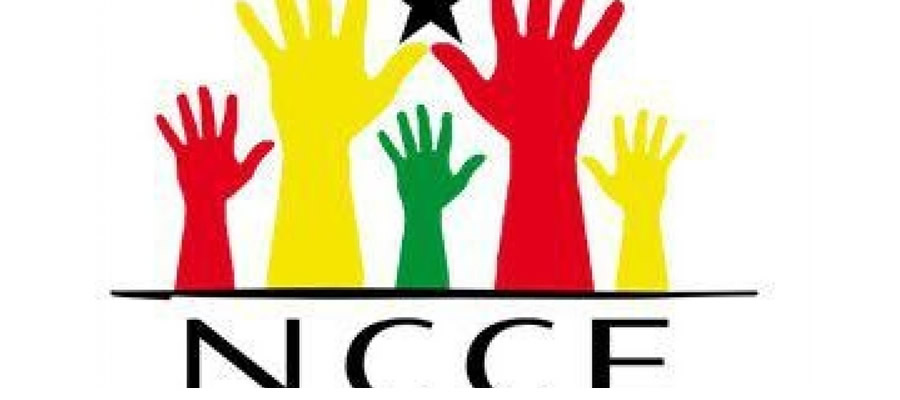
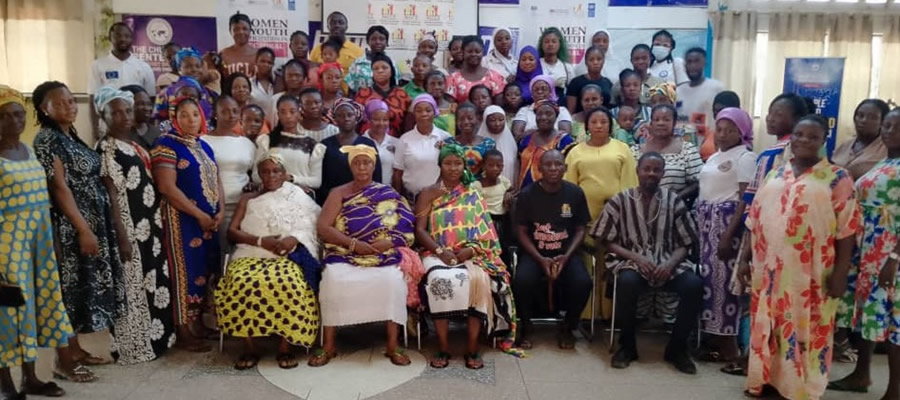
 facebook
facebook
 twitter
twitter
 Youtube
Youtube
 +233 593 831 280
+233 593 831 280 0800 430 430
0800 430 430 GPS: GE-231-4383
GPS: GE-231-4383 info@ghanadistricts.com
info@ghanadistricts.com Box GP1044, Accra, Ghana
Box GP1044, Accra, Ghana